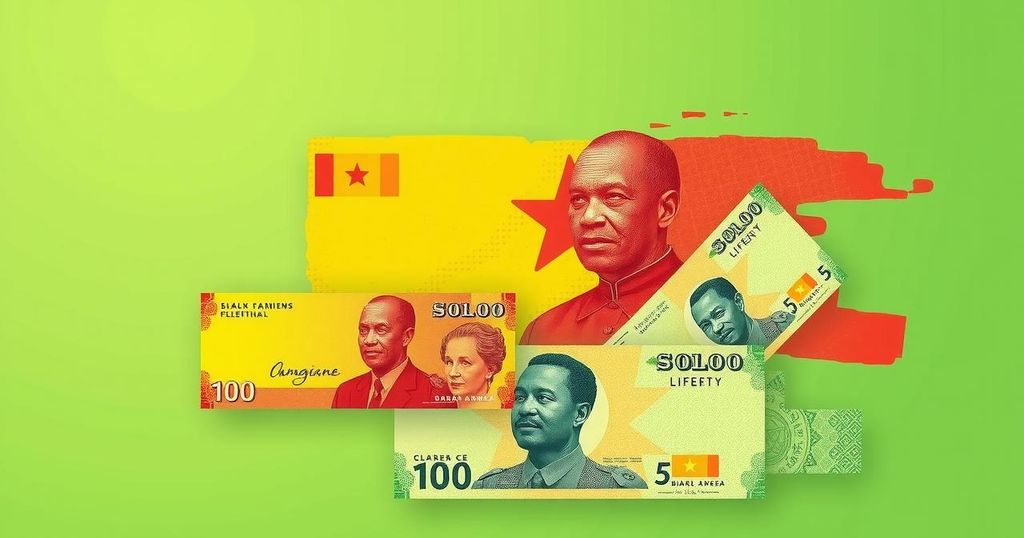Dr. Busia Reflects on Ghana’s Economic Crisis Under Nkrumah
Former Prime Minister Dr. Kofi Abrefa Busia attributed Ghana’s economic crisis to Kwame Nkrumah’s mismanagement, noting inflation at 117%, skyrocketing debt from £200 million to £250 million, food shortages, and political instability before his own ousting in 1972.
In a recent interview, former Prime Minister Dr. Kofi Abrefa Busia discussed the severe economic crisis that Ghana faced under the administration of Kwame Nkrumah. Dr. Busia, who took office in 1969, criticized Nkrumah’s handling of the economy, which led to soaring inflation rates of around 117 percent, unemployment, and food shortages.
Dr. Busia noted that at the time of Ghana’s independence, the country held over £200 million in reserves. However, by the conclusion of Nkrumah’s presidency in 1966, the financial situation had deteriorated significantly, leading to a debt accumulation of over £250 million. He expressed concerns that the total debt may not be fully accounted for due to complex agreements.
Furthermore, Dr. Busia highlighted ongoing economic struggles, noting issues such as shortages of food and essential goods. He remarked on the political implications as well, lamenting the breakdown of democratic governance within the nation during this challenging period.
It is crucial to note that Dr. Busia’s own tenure was cut short when he was overthrown in a military coup led by Colonel Ignatius Kutu Acheampong on January 13, 1972.
In summary, Dr. Kofi Abrefa Busia’s reflections on Ghana’s economic turmoil reveal the consequences of mismanagement during Kwame Nkrumah’s regime, which left the nation with significant debt and socio-economic challenges. His assessments remind us of the delicate balance between governance and economic health, underscoring the importance of responsible leadership in shaping national prosperity.
Original Source: www.ghanaweb.com




Post Comment